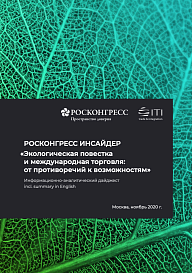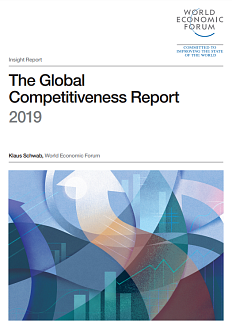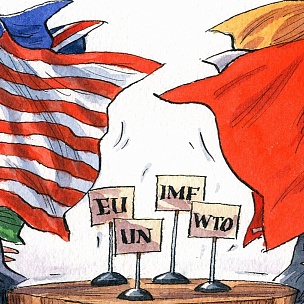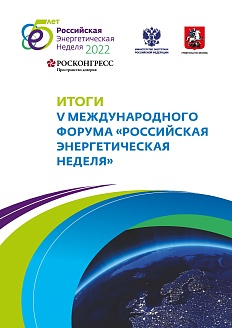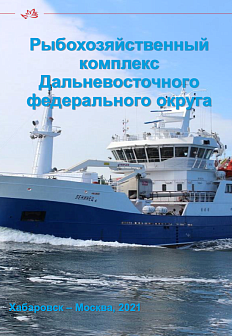The study prepared by ITI in collaboration with the Roscongress Foundation shows main trajectories of environmental agenda in global trade. This work expands on an earlier analytical digest titled Green Economy and International Trade: On the Path to Sustainable Development.
The authors scrutinize the impact of green agenda on international trade, touching upon some other phenomena like green protectionism. The topics covered in this work are particularly relevant at the moment, given Russias national development goal of expanding exports and its striving to build a greener economy and strengthen its relations with the EU, the present leader in environmental agenda and Russias principal trade partner.
The publication mostly covers imbalances in international trade, the impact of green protectionism on global inequality, and the impact of decarbonization and low greenhouse gas emissions policies on international trade. It also studies the risks that green agenda in global trade poses to Russia and the opportunities that it provides.
The Roscongress Foundation presents the salient points of the publication accompanied by fragments of broadcasts of relevant panel discussions from the business programme of international events held by the Roscongress Foundation.
The chief dilemma over whether to offer green incentives for manufacturers and whether to introduce trade restrictions on the grounds of environmental safety, sustainable socio-economic development, and national security arises from the existing dichotomy between free trade and the nations health and safety.
State support programs and trade measures differ between countries. At international level, restrictions are introduced based on a general consensus. For example, they may be regulated by universal international agreements like the United Nations Framework Convention on Climate Change (1992), the Montreal Protocol (1987), or the Cartagena Protocol (2000). Given that the scope of such agreements is always limited, all issues outside the scope will require consideration in the Dispute Settlement Body of the WTO.
The WTO rules stipulate that restrictions on a product can only be imposed on the grounds of its qualities, and not the production methods. However, the present-day environmental regulation is based on tracking the production process to ascertain that the product is ecologically safe. Still, not all restrictions based on production methods are automatically prohibited. In each particular case, it must be determined whether the restrictive measure was introduced with the aim of protecting the environment, or whether the reason behind it was protectionism.
In the context of the WTO crisis, some regional and national actors are growing noticeably active in extending their development priorities to other countries and regions. One of the key players in this field today is the European Union. In 2018, the European Parliament ceased to classify palm oil as biofuel due to the adverse effect of the production process on equatorial forests. Though aimed at supporting sustainable development, the measure came as a heavy blow on palm oil manufacturers in Indonesia (53% of the market) and Malaysia (29% of the market). Also, this decision will likely lead to more extensive use of other crops including those cultivated within the EU. Also, environmental rationality is increasingly widely used as a line of reasoning in negotiations in the EU. Though bringing some benefits for the environment, such decisions distort international trade.
International regulation in the sphere of climate stands on two pillars: acknowledgment of the paramount importance of environmental issues and acceptance of economic methods as the most effective solution. In this respect, carbon emissions trading (the cap-and-trade scheme) has become a kind of flexibility mechanism intended to help countries reduce emissions. Although the commitments under the Paris Agreement are voluntary, emissions trade is rapidly developing at regional level.
The main borderline here is the equity of the constraints which countries are ready to take upon themselves in order to ensure a green future. In these conditions, the interests of old industrial countries (where financial capital is now concentrated) come into conflict with the interests of new industrial countries, such as the BRICS countries (where industrial capital is concentrated). However, common concerns, one of which is climate change, force countries to cooperate while always keeping in mind their national development priorities.
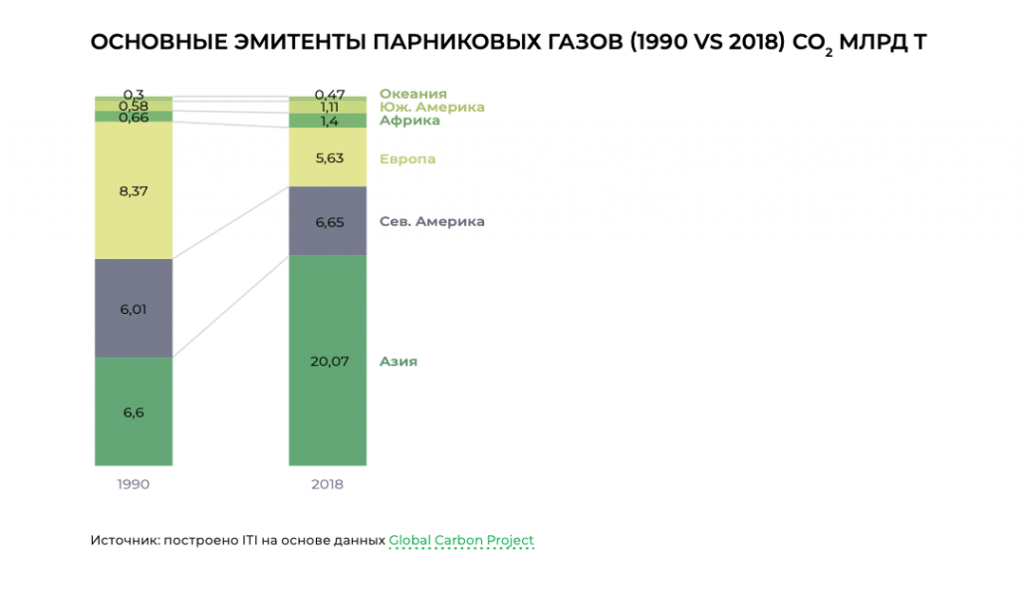
The European Union strives to achieve carbon neutrality by 2050. The carbon emissions trading system in the EU has been functioning since 2005 and continues to expand to new spheres. The planned introduction of the EU carbon border adjustment mechanism, when its scope is defined, will be an event of enormous significance for international trade (and for Russia too) because it will probably bring competitive advantages to European companies.
In 2020, the Ministry of Economic Development of the Russian Federation prepared a draft Long-Term Development Strategy with Low Greenhouse Gas Emissions to 2050. Under the base scenario (the Strategy also contains an «inertia» scenario and an «intensive» scenario), by 2050 the countrys carbon emissions will equal 64% of what they were in 1990. Emissions will increase from current levels to peak in 2030 and will be reduced by 3% by 2050. Russia is planning to reach carbon neutrality towards the end of the 21st century.
The growing use of climate agenda for creating barriers in trade causes concern in the developing world, including the BRICS countries. Still, a number of countries are already following the European path. According to ACRA, the Republic of Korea has already adopted a plan for achieving carbon neutrality by 2050, similar to the European Green New Deal. In the USA, despite the continuing struggle of the incumbent US administration against attempts to introduce international climate regulation, some discussions about the Green New Deal are also in progress.
Russia, in light of its commitments under the Paris Agreement to reduce carbon emissions to 70-75% of what they were in 1990 by 2030, has the advantage of the low base effect which will help it implement the concept of low-carbon development. However, regulation in this sphere remains a pressing issue. Also, state incentives for transition to sustainable development remain necessary.
The changing environment in international trade serves as a catalyst for countries to introduce sustainable development principles and adopt policy documents in the sphere of sustainable development and low-carbon development. The wider spread of green agenda, combined with the distinctive features of the Russian economy and export, poses a challenge to domestic exporters, namely a risk of losing traditional markets, most importantly the EU market, for the countrys carbon-intensive products.
Large companies play a crucial role in promoting green initiatives as they work proactively to support their competitiveness on international markets.
The necessity of setting up a national cap-and-trade scheme in Russia assumes particular urgency in light of the preparations for introducing similar schemes in Belarus, Kazakhstan, and the Ukraine which are currently underway.
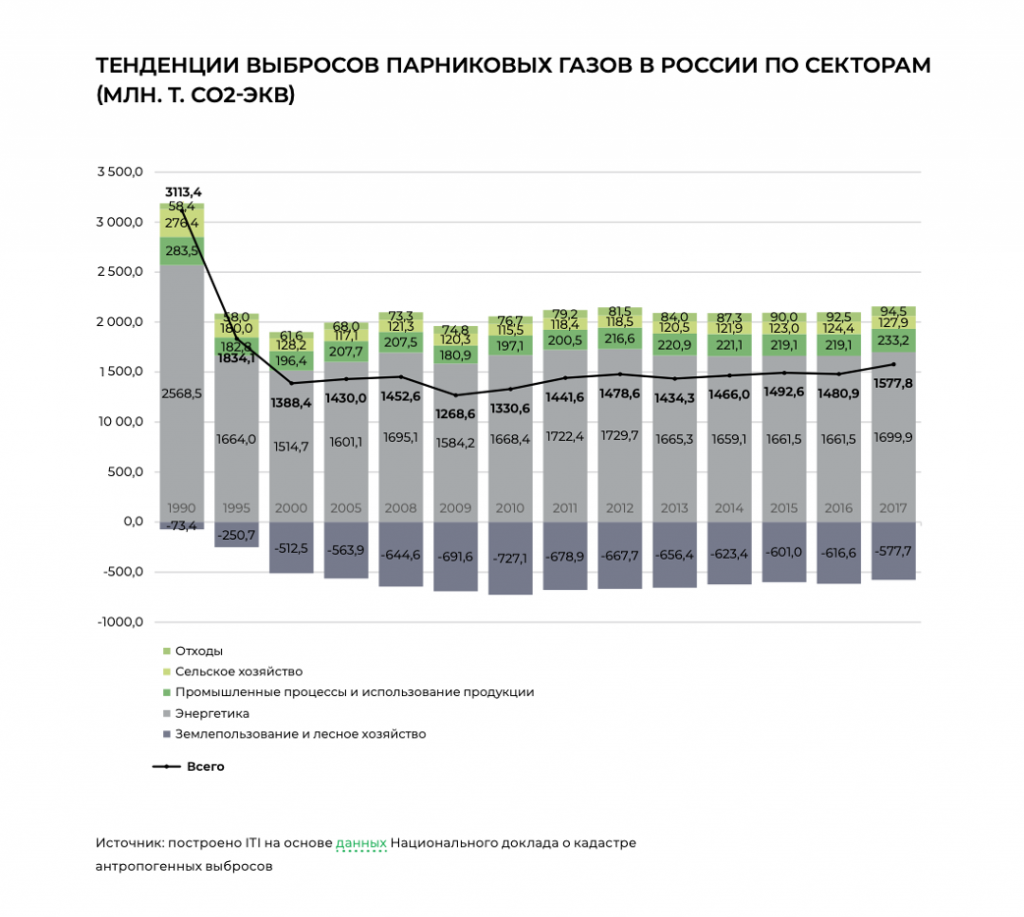
At the moment, several policy documents have already been adopted, namely the Climate Doctrine of the Russian Federation and the Environmental Security Strategy of the Russian Federation. A low-carbon development strategy has been drafted. Still, to retain its positions in global trade, Russia will require additional coordination from the state.
Alongside international regulation, the trend on ecological labeling continues to grow. While ecological certification gives advantages to manufacturers, it can also be a barrier for developing and the least developed countries.
Voluntary certification, including ecological certification, is an important factor in raising the competitiveness of national products on the international market. It also serves to protect domestic markets against unsafe products. Its importance for consumers is even greater, because eco-labels let them make informed choices. Unlike technical standards, voluntary certifications arent regulated by the WTO and cover not only the product itself but also the method of production.
Voluntary ecological standards are especially important for large export-oriented companies. According to some estimates, in developed countries, obligatory standards cover a very small range of products (roughly 3%). All the other products are subject to voluntary certification only.
Given the wide spread of voluntary certification globally and the importance of environmental agenda in international trade, it is essential to develop Russian eco-labels and have them recognized by the International Organization for Standardization (ISO) and the GEN Internationally Coordinated Ecolabelling System (GENICES).
Despite all the benefits of ecological certification, it can also be a barrier for developing and the least developed countries because it entails additional expenditure and requires qualified personnel, relevant equipment, and an auditing system.
Also, ecolabeling is closely associated with greenwashing, a practice of using the bonuses obtained by ecological certification without actually keeping to the standards required by the certification.
Another issue is the scope of certification control. When ecolabeling covers production processes and methods for the final product only, it is relatively easy to verify the information about them. If, however, the certification is extended further down the production chain, it becomes harder to track the processes.
At the moment, Russia is actively working on establishing green economy sectors. Environmental regulation is being developed. Increasingly often, large companies finance environment protection programs and introduce green technologies, thus becoming engines of greening the countrys industrial production.
In the last few years, Russias environmental market started to grow. The government, industry experts, and company CEOs alike are giving increasing attention to the necessity of redesigning the economy with a view to environmental protection. As part of the overarching goal of building an innovative economy, Russia aims at creating a new environmental safety system so that the countrys economic growth is based on high ecological standards.
With this in mind, regulators are introducing new norms and standards facilitating the growth of the national environmental market. The range of items subject to ecological certification is constantly expanded.
The trend on sustainable production continues to penetrate new industries. Company leaders consider the necessity of raising production sustainability as an inherent component of corporate development strategy. Ecological standards are implemented alongside technical ones.
Large companies finance environment protection programs, implement green technologies, adopt international standards, practice environmental reporting, and use other environment protection policy tools. This way, they are becoming engines of greening the national industrial production. It is important to note that the high level of activity in the corporate sector is a response to the changing landscape of international trade, a reaction to the penetration of environmental agenda, and a means of protection against negative effects of this process.
Some promising sectors of the environmental market in Russia include air and water pollution control, sewage waters processing, waste management and recycling, ecologically safe agricultural production, etc.
See also other materials cited by the authors of this report and published in the special sections of the Roscongress information and analytical system:
· Strategies for one-planet prosperity. How to build lasting success on our finite planet
· Pay the carbon tax and breathe freely
· Voluntary National Review of the 2030 Agenda for Sustainable Development Implementation
· How an EU Carbon Border Tax Could Jolt World Trade
· State and Trends of Carbon Pricing 2020
For more information about construction as a sector with a sizeable share in many economies, rising level of digitalization, and shifts in consumer sentiment in real estate, please see the Tax system, Supply chain management, Trade policy, Globalization/regionalization, Climate Change and Environment.


